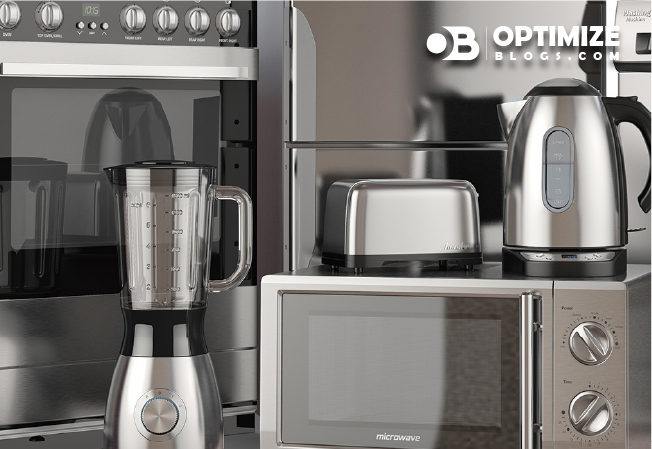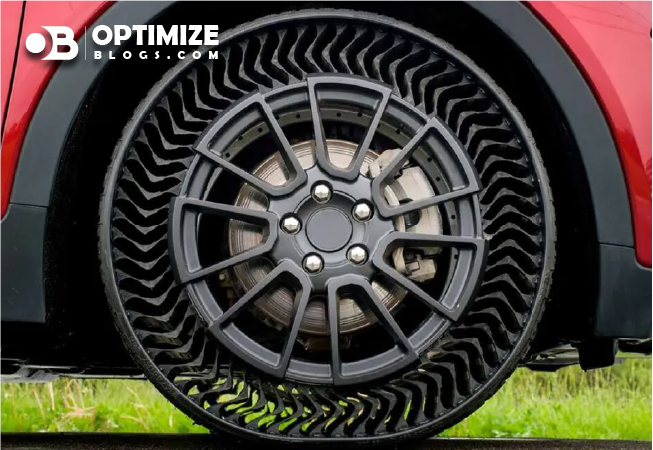
In an era where environmental concerns are more pressing than ever, and every penny counts, energy-efficient appliances have emerged as a beacon of hope. They not only reduce your carbon footprint but also put money back into your pocket over time. In this blog post, we'll delve into the world of energy-efficient appliances, exploring how they work, the benefits they offer, and how you can make informed choices to save both money and the environment.
Understanding Energy Efficiency
Before we dive into the advantages of energy-efficient appliances, it's essential to grasp the concept of energy efficiency. An appliance is considered energy-efficient when it performs its intended function while using the least amount of energy possible. This is typically achieved through technological advancements and design features that minimize energy waste.
The Benefits of Energy-Efficient Appliances
Lower Energy Bills
One of the most immediate and tangible benefits of energy-efficient appliances is a reduction in your energy bills. These appliances consume less electricity or gas to operate, leading to significant cost savings over time. Your monthly utility bills will reflect the energy savings, allowing you to allocate your hard-earned money elsewhere.
Environmental Impact
Energy-efficient appliances play a crucial role in reducing greenhouse gas emissions and combatting climate change. By consuming less energy, they contribute to a smaller carbon footprint. This means you're actively participating in environmental conservation efforts, helping to preserve our planet for future generations.
Long-Term Savings
While energy-efficient appliances may have a higher upfront cost, they often pay for themselves in the long run through energy savings. Over the lifespan of these appliances, the money you save on energy bills can far exceed the initial investment.
Improved Performance
Energy-efficient appliances are not only better for the environment and your wallet; they often offer superior performance as well. Technological advancements mean that these appliances are designed to function more effectively and reliably, providing you with convenience and peace of mind.
Government Incentives
Many governments and local utilities offer incentives and rebates for purchasing energy-efficient appliances. These incentives can further reduce the initial cost and make it even more financially attractive to choose energy-efficient options.
Types of Energy-Efficient Appliances
Energy-efficient appliances come in various forms, catering to different aspects of your home. Here are some key categories to consider:
Energy-Efficient Lighting
Switching to LED or CFL (compact fluorescent lamp) bulbs is one of the easiest ways to save energy. These bulbs use significantly less electricity and last longer than traditional incandescent bulbs.
Energy-Efficient HVAC Systems
Heating, ventilation, and air conditioning (HVAC) systems are among the largest energy consumers in most homes. Energy-efficient HVAC systems can dramatically reduce your heating and cooling costs while maintaining comfort.
Energy-Efficient Refrigerators
Refrigerators are always on, making them a prime target for energy savings. Look for models with the ENERGY STAR label, which signifies high energy efficiency.
Energy-Efficient Washing Machines and Dryers
Modern washing machines and dryers come with energy-saving features such as low-water washing and moisture sensors. These features reduce water and energy consumption while maintaining laundry quality.
Energy-Efficient Dishwashers
Energy-efficient dishwashers use less water and energy, making them a practical choice for both the environment and your utility bills. Look for models with advanced cleaning technologies.
Energy-Efficient Water Heaters
Tankless or on-demand water heaters are energy-efficient alternatives to traditional water heaters. They heat water only when needed, eliminating the standby energy losses of tank-style heaters.
Tips for Choosing Energy-Efficient Appliances
When shopping for energy-efficient appliances, keep the following tips in mind:
Look for the ENERGY STAR Label: This label is a reliable indicator of energy efficiency and is recognized worldwide.
Check the Appliance's Energy Guide Label: The Energy Guide label provides information on the appliance's estimated annual energy consumption and operating costs, allowing you to compare models.
Consider Size and Capacity: Choose an appliance size and capacity that matches your needs. Larger appliances may consume more energy even if they are energy-efficient.
Explore Energy-Saving Features: Investigate the specific energy-saving features of the appliance, such as programmable thermostats or eco modes.
Read User Reviews: User reviews and ratings can provide valuable insights into an appliance's performance and energy efficiency in real-world scenarios.
Conclusion
Energy-efficient appliances are not just a trend; they are a practical and sustainable choice for homeowners and the planet. By investing in these appliances, you can simultaneously reduce your energy bills, minimize your environmental impact, and enjoy the benefits of superior performance and reliability. So, the next time you're in the market for a new appliance, consider choosing energy efficiency and take a significant step toward saving money and preserving the environment for future generations. Your home can be both comfortable and eco-friendly, making it a win-win for you and the planet.






